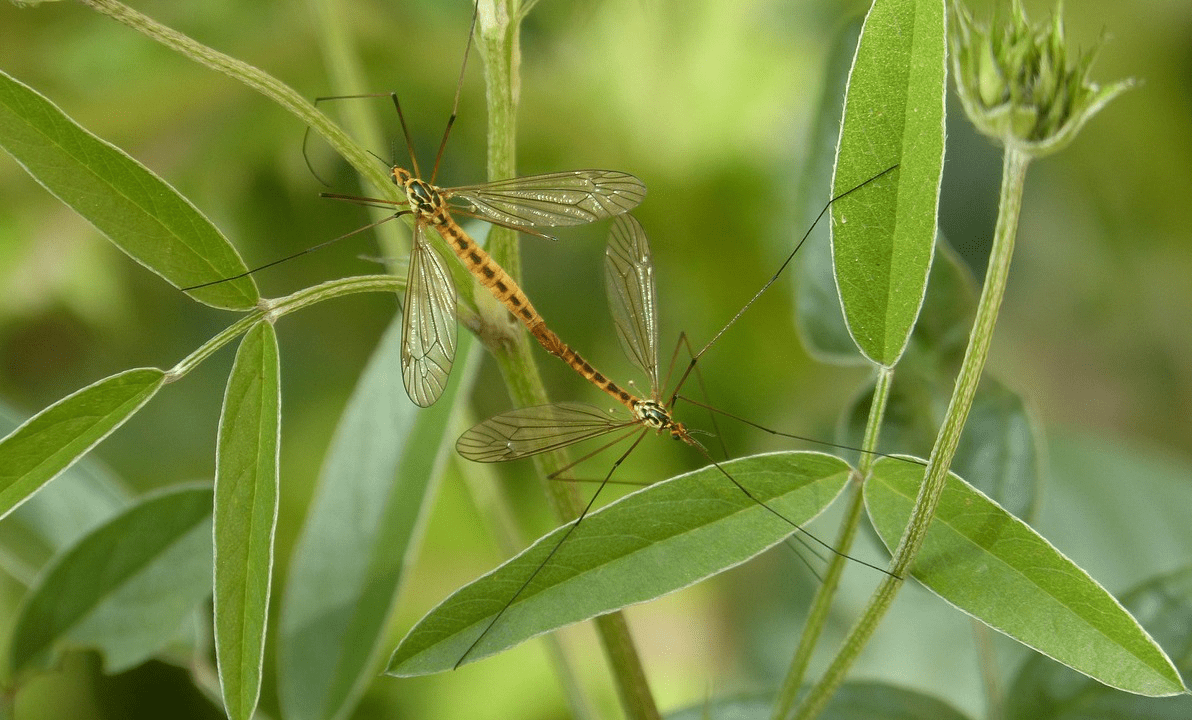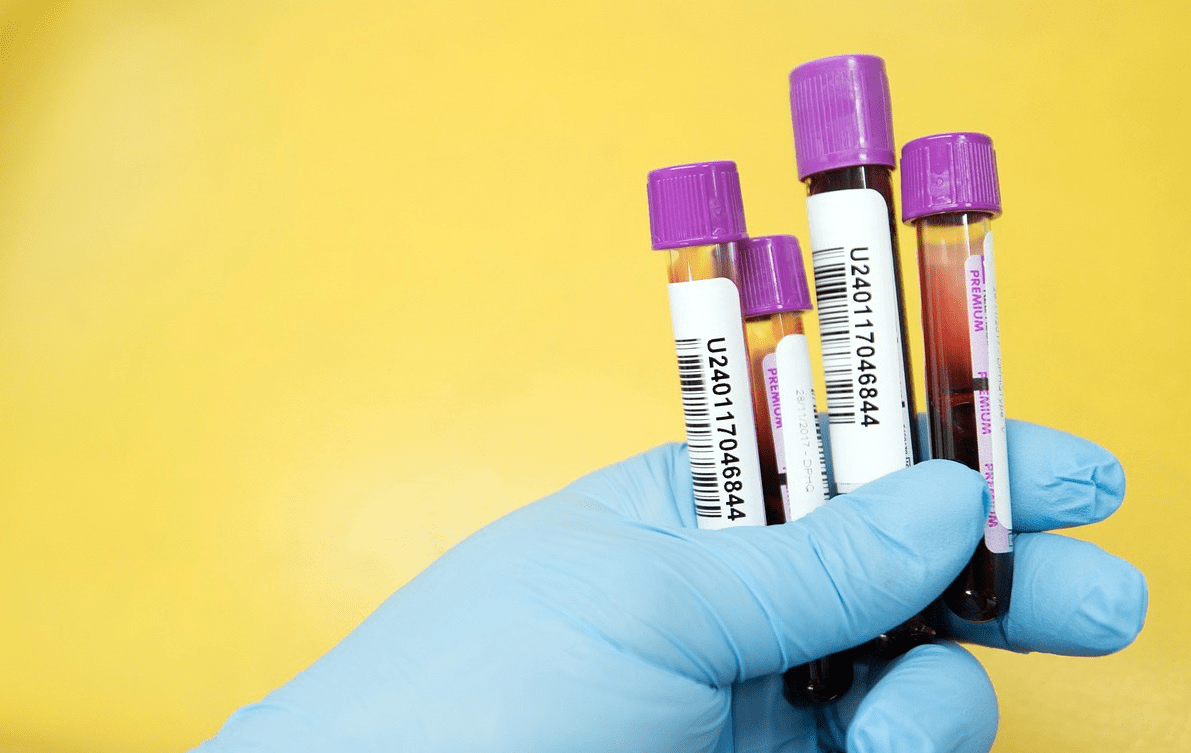An Interesting Biological Control of Mosquito
ScienceTopping | Sept 8, 2023

When it comes to biological control, biological concepts and ecosystem are the pillar of the control. The first is the use of biological agent —
fish. This concept adheres to the law of food chain, whereby predators feed on their preys. Fish feeds on the larvae of mosquitoes in water based on
the fact that adult female mosquitoes lay their eggs in water. The reduction of larvae of mosquitoes thus decreases the number of mosquitoes. Therefore,
it is recommended for people to have fish in pond if they have a natural pond in their houses. Another must-know biological control is the use of
Bacillus thuringiensis israelensis (Bti),
a naturally occurring bacterium found in soil. The usage comes in a few forms such as tablets and sprays.
Bacillus thuringiensis israelensis produces a toxin that kills mosquito larvae and adult mosquitoes.
The most interesting yet effective one
is yet to come. The technique involves vast coverage of biology knowledge.
Advertisement
With the prerequisite checked, the introduction of Wolbachia to this mosquito species that do not naturally have it will cause the eggs laid to be inviable. Notwithstanding, it is important to note that this biological control has nothing to do with genetic modification, unlike transgenic mosquito. First and foremost, Wolbachia bacteria are introduced into the eggs of Aedes aegypti mosquitoes. As the life cycle progresses, the morphed adult mosquitoes now have the bacteria. Male mosquitoes with Wolbachia are then sorted out for use. Since male mosquitoes feed on nectar but not blood, the release of infected mosquitoes later will not aggrevate the disease outbreak. Those infected male mosquitoes are then released to freely breed with wild adult female Aedes aegypti that are not infected with Wolbachia bacteria. Upon mating, the eggs produced will not hatch due to cytoplasmic incompatibility. All in all, the ultimate goal of reducing mosquito population can be achieved, in turn decreasing the mosquito disease outbreak.
Advertisement


